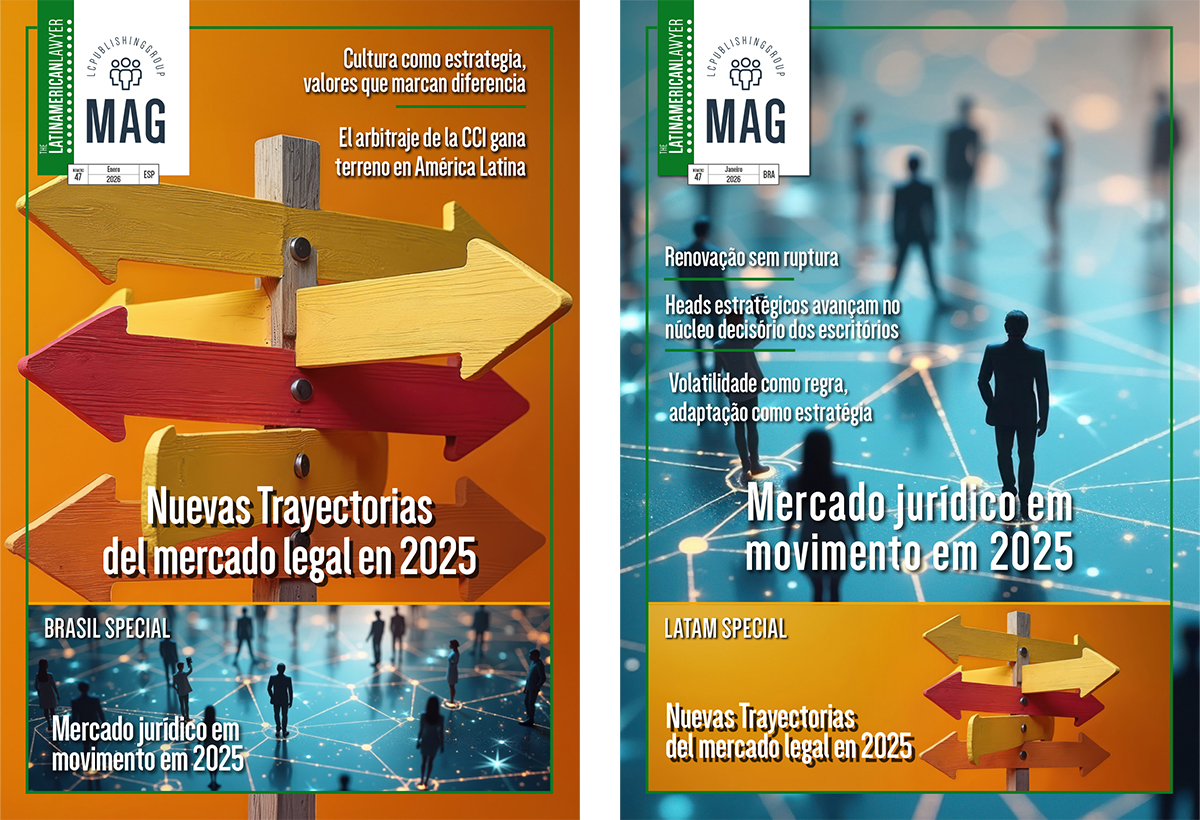More arbitrations expected in Argentina and Uruguay
Adoption of UNCITRAL laws expected to lead to higher levels of foreign investment in the two countries and greater involvement of global law firms
Lawyers in Argentina and Uruguay expect an increase in arbitration cases in local seats – in addition to more foreign investment – as the two countries each adopt arbitration laws based on the United Nations Commission on International Trade Law (UNCITRAL) model.
“Arbitration remains the preferred dispute resolution method for complex and cross-border transactions and international companies appreciate the greater flexibility of the process,” says Ricardo Ostrower, partner at Marval, O’Farrell & Mairal in Argentina. “We expect that this new law will provide a clear and modern approach to international arbitration, ultimately leading to higher levels of foreign investment in our country.”
Guido Tawil, partner at M&M Bomchil in Buenos Aires, says the new law could lead to an increase in dispute resolution work for law firms. However, he highlights: “The immediate impact of these new regulations will be mainly noted in the selection, or not, of Argentina and Uruguay as seat of arbitrations.”
There have been a significant number of investment arbitrations linked to Argentina in recent years, says Santiago Soria, partner at Marval, O’Farrell & Mairal. The new law, along with the pro-business climate fostered by the current government, could mean that global law firms become increasingly involved in advising international companies on their cross-border transactions in Argentina. However, Soria adds: “Local firms will retain a significant role in arbitrations based in Argentina or in which Argentine law is applied.”
Meanwhile, Sandra González, partner at Ferrere in Montevideo, argues that the reputation of Uruguay’s judicial system, in addition to the new arbitration law, will mean there will be a greater willingness to choose the country as a seat for arbitration. She adds that potential investors will welcome the new law as a sign that the country is aware of modern trends in dispute resolution.















